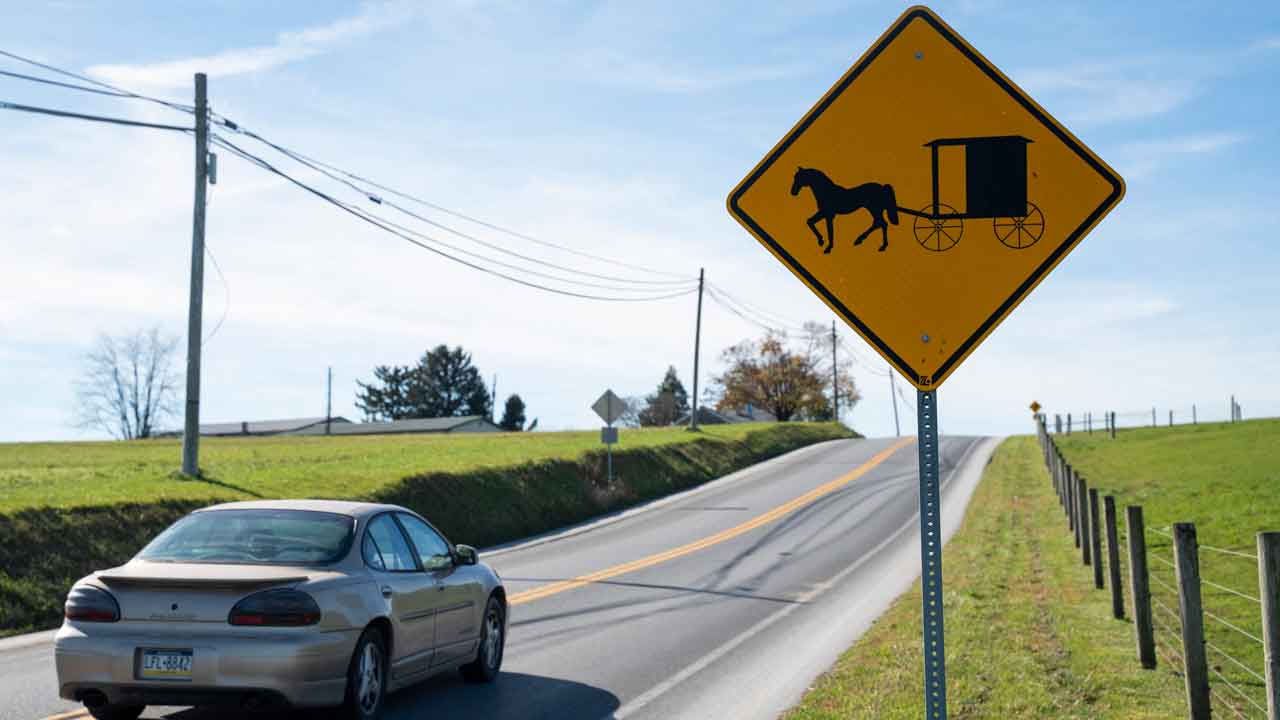One of the last remaining survivors of the Japanese attack on Pearl Harbor, Richard C. Higgins, died on Tuesday at the age of 102.
He died of natural causes, according to his granddaughter, Angela Norton. She said he died at her home, where he had been residing.
Mr. Higgins was stationed at the Pearl Harbor naval base as a radioman on Dec. 7, 1941, when Japan launched a surprise bombing attack on the base. The airstrike killed more than 2,400 Americans and prompted the United States to declare war on Japan.
Mr. Higgins, who later in his life often spoke about his experience to schoolchildren and on social media, described in a 2020 Instagram video pushing planes away from each other as bombs fell around him.
“I was moving planes away from ones that were on fire, because when the tanks exploded, they threw burning gas on the others,” he said.
In an oral history interview in 2008, he recalled being awakened by explosions and dashing to the lanai, or porch, of his quarters. “I jumped out of my bunk and I ran over to the edge of the lanai and just as I got there, a plane went right over the barracks,” he said.
The plane had “big red meatballs on it,” he said, referring to Japan’s rising sun insignia, “so there was no doubt what was happening in my mind.”
Richard Clyde Higgins was born July 24, 1921, on a farm near Mangum, Okla., and lived through the Dust Bowl and the Great Depression. He joined the Navy in 1939 and retired 20 years later, after which he worked as an aeronautics engineer.
Ms. Norton said that in his later years, her grandfather’s focus was on sharing his story, especially with young people.
“He never thought that he was a hero; the heroes were those who didn’t come home,” she said. “But he wanted to make sure their stories continue to be told, and we remember what an incredible country we live in and what sacrifices they made for us to have our freedoms.”






